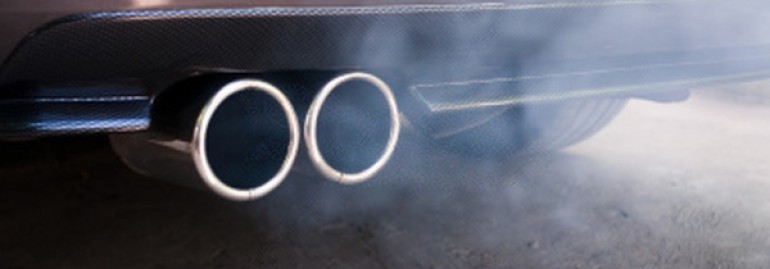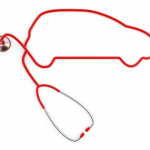Car emissions testing is a procedure most car owners have to undergo. Today’s cars produce much less emissions than their predecessors. However, certain conditions and factors affect car emissions. The good news is there are many ways to address this problem. These are some of the things you should take into account to reduce your car emissions each year.
Buy the Right Car
The car you drive will ultimately determine the amount of pollutants emitted into the atmosphere when you drive. Most of today’s vehicles meet strict emissions guidelines. However, if you’re considering buying a used car, its emissions should be taken into account before you finalize the purchase. It may sound like a difficult task to people who are not mechanics or not familiar with how cars work. However, finding out this information about emissions is not as complicated as it sounds.
A modern car diagnostics tool like the ELM327 USB car scanner is equipped to quickly diagnose any car problems, checks performance statistics and resets any faults it finds. This scanner provides all the functionality you expect to find in similar devices used by dealers who carry out the same checks on cars.
Its health check capabilities can be used on generic OBD2 systems but it also supports manufacturers systems. This makes the ELM327 USB car scanner a much more powerful and useful scanner compared to many of the inferior drones which have flooded the market in recent years.
The ELM327 USB car scanner is compatible with the vast majority of modern cars. It’s a simple device to use. You simply connect it to your laptop and car. The scanner then lets the car and laptop communicate with one another through an OBD software system like TOAD.
Tune Up Components
A car is made up of many components. Some of the smallest of these components could be causing increased emissions in your car. If you’re familiar with how your car works, check the main components that could be causing a problem. If you need help, ask a mechanic to help you tune these components. Some components like spark plugs, ignition wires, air filters and fuel filters may only need to be cleaned. However, if they are damaged, replace them.
Check for Degraded or Damaged Components
Cars suffer from wear and tear. It’s important to carry out regular checks for degraded or damaged car components. Many of these components are hidden from sight so you will need to do a more thorough inspection or get the help of a professional.
Fuel injectors get clogged and need to be cleaned regularly. Oxygen sensors and catalytic converters are just some of the components located near a cars exhaust which become coated in carbon and need to be cleaned to avoid more emissions. Once these components are cleaned they will return to their original operating condition and become more efficient.
Proper Tire Pressure
It may sound obvious, but many people don’t inflate their tires properly. This common mistake causes many problems for motorists. Increasing emissions is one of these problems. It’s estimated that inflating your tires properly can increase gas efficiency by up to a third. This is a huge amount, just by adding air to your tires.
Each type of tire has a recommended pound per square inch (PSI) value which your tires should be inflated to. Check this reading on all your car’s tires with a tire pressure gauge. If any tires are below this amount, inflate them to the required measurement. Regular visual checks of the four tires on your cars wheels will alleviate this problem and ensure that you address it as soon as a tire seems to be flatter than it should be. Once your tires are inflated properly, your car will achieve better gas mileage, resulting in less emissions.
Address Any Oil Problems
A car needs oil to run smoothly. Make sure you use high quality oil in your vehicle. Over time oil can get contaminated. The dirt present in oil leads to a build-up of carbon and other substances that increase pollutants emitted from your car. The oil filters in a car also get affected by contaminated oil. To address this problem, change the oil and oil filters in your car on a regular basis. It’s recommended that oil should be changed every 3000 to 7000 miles, depending on the model you drive and how well you take care of your vehicle when you drive it.
Change the Way You Drive
So far we’ve spoken about the car. The actions of the driver are just as important when you want to keep emissions at a lower level. Driving aggressively increases the output of emissions. To avoid this, accelerate at a moderate pace. When you’re braking only brake when you need to and avoid too much aggression when you do so.
Avoid Sitting in Traffic
Idling is also an unnecessary waste of fuel. Avoid getting stuck in traffic jams or keeping your car running when it stationary. Simply changing your driving patterns or the time you go to work could reduce the amount of time spent sitting in a traffic jam while your car’s engine keeps running. Working from home when possible will reduce your cars fuel consumption and resulting emissions even more.
The policy of reducing car emissions affects every motorist. It’s something we should all be aware of because it affects all of us. The methods listed above are some of the most effective ways to ensure that you keep your car emissions as low as possible.






